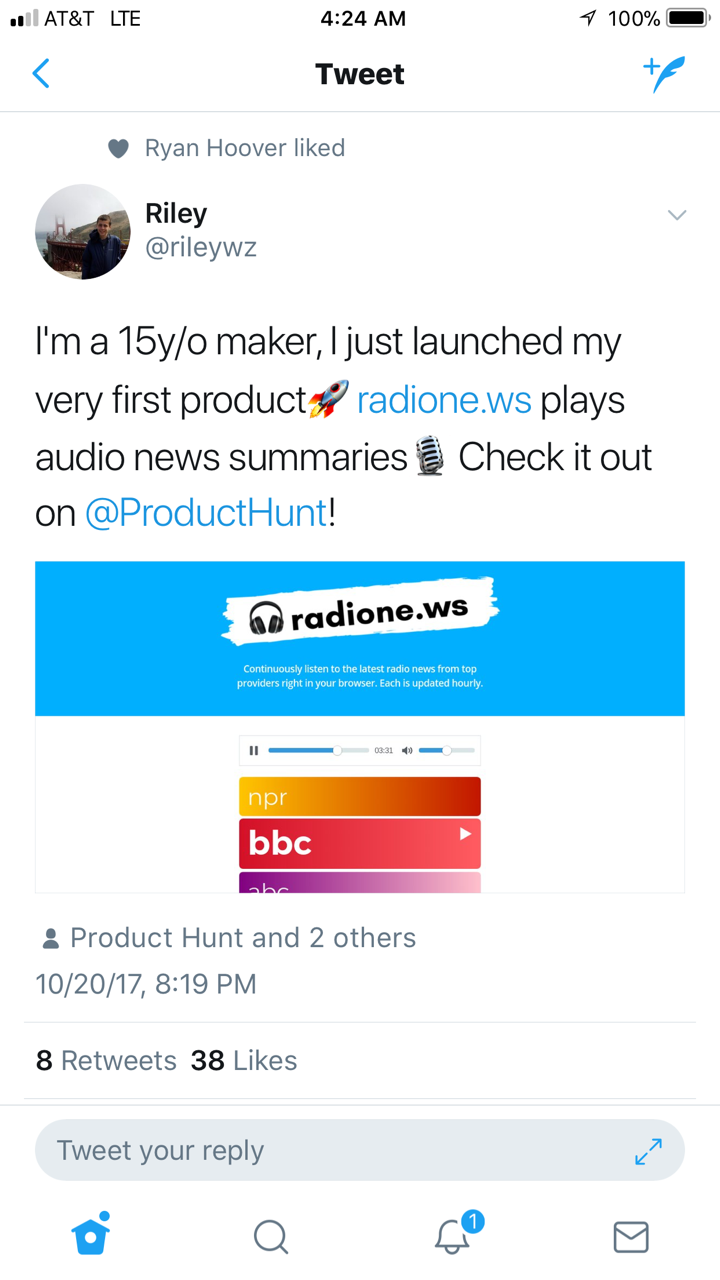
Should Small Businesses Consider Building a Industry-Related Domain Portfolio?
In today’s tech-driven world, it’s a given to establish a digital presence for one’s personal or company brand.
Now whether or not this digital presence uses a .com or non-.com domain name is an ongoing debate — one I shall refrain from addressing today somewhat.
While most may not agree on which domain extension should represent one’s digital presence — .com has long ruled the web for personal and company branding — ALL can agree upon a digital presence being a MUST HAVE some 30 years into the Internet journey.
And while the majority agree that a brand should have a single domain name, often overlooked is whether or not a brand should build a relevant domain portfolio beyond its primary domain name.
There are arguments to be made and beliefs to be held for whether or not it’s the best use of time, money, and effort to build a domain portfolio relevant to a given brand.
Some folks argue that domain type-in traffic is not worth endlessly renewing domains. More importantly, critical consideration should be given to identifying and understanding how damaging it would be to a brand for its competition to own the same domain(s).
While many argue that building an industry-related domain portfolio wastes time and money, most fail to understand the depth to which Fortune 500 brands have invested time, money, and effort to procure and secure a growing empire of domain names.
For instance, Google owns just over 18,000 at the latest count. Current President Donald Trump owns nearly 4,000 domains. Based on the last associated Whois information, Facebook owns over 2,000 domains, and Salesforce has nearly 500 domains.
While the aforementioned personal and company brands are a few I discovered with growing domain portfolios, quite a few companies — all shapes and sizes — are silently building industry-related domain portfolios.
While most large brands are recipients of lucrative domain portfolios through merger and acquisition (M&A) of existing businesses, there are a few cases where non-M&A transactions for single domains and domain portfolios occur — most domain sales likely not reported to keep competition in the dark and not to inform the public of their domain portfolio strategy.
Even small, niche, or local brands can get in on the act of purchasing, building, and using a domain portfolio to grow and protect their brand. Nevertheless, how a brand goes about building its portfolio varies vastly.
I am not suggesting infringing upon trademarks, but certainly DO NOT pass up generic keyword or even geo domain opportunities available for purchase via private-party sale, aftermarket, expired domain(s), or even hand-registration (not likely, but possible).
I’m of the opinion BOTH personal and company brands should consider and be willing to invest in building industry-related domain portfolios.
What are your thoughts? Is building industry-related domain portfolios worth the time, effort, and money for personal and company brands of all sizes to grow and protect their brands?














